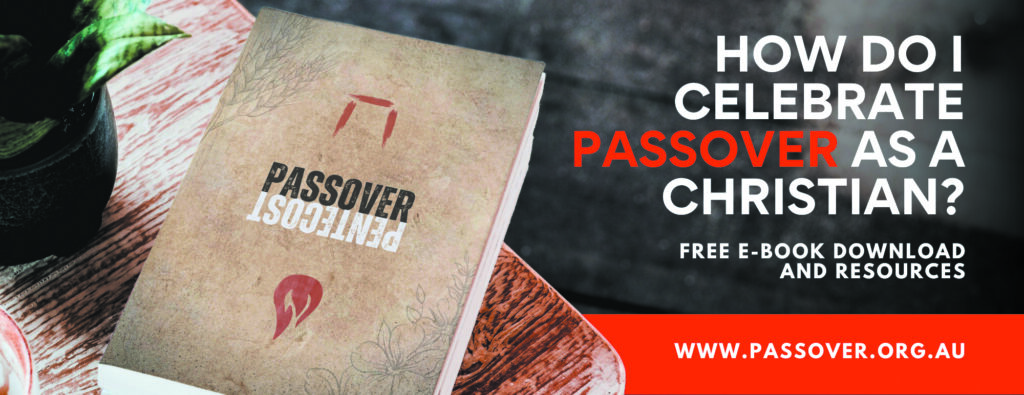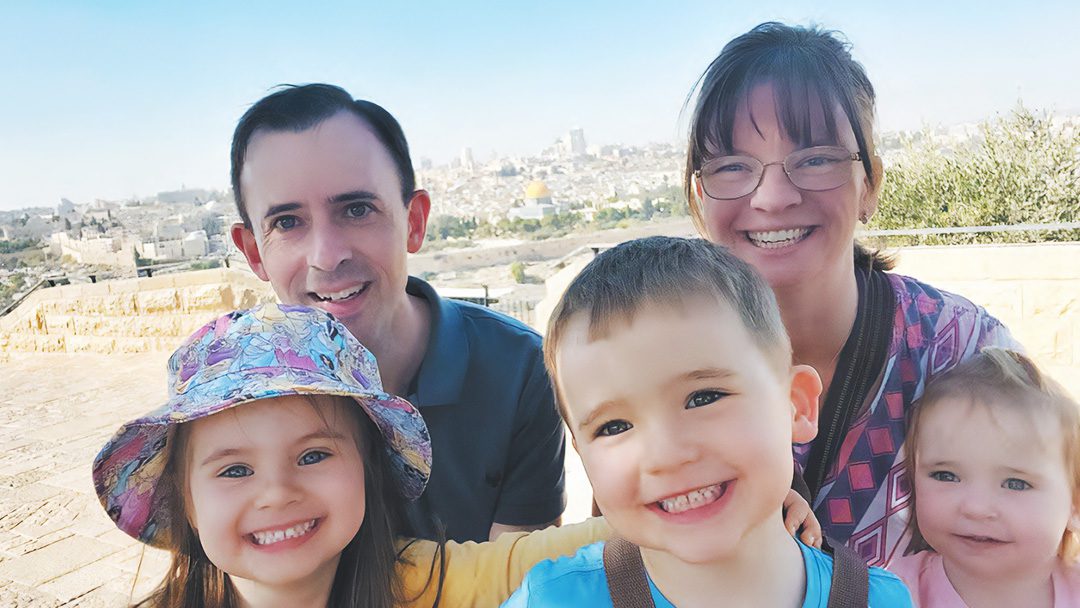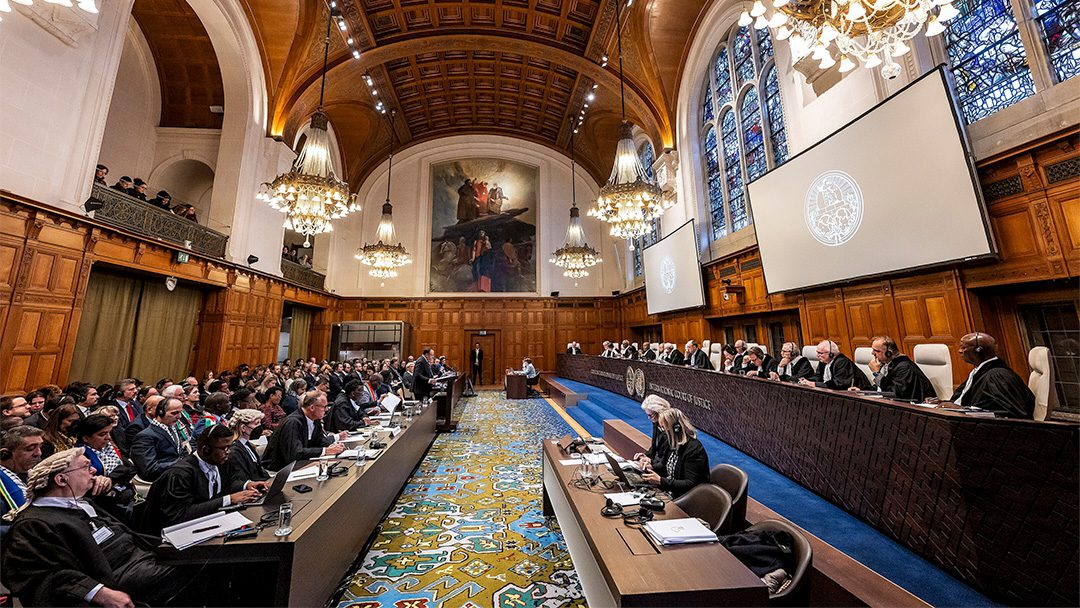Do you remember the profound words of Yeshua (Jesus) during Passover (Aviv 14), as he dined with his disciples? He urged, “Do this in remembrance of Me.” On the subsequent day, Aviv 14, Yeshua’s crucifixion aligned perfectly with the temple’s morning sacrifices. Astoundingly, he died at the 9th hour, the exact time of the afternoon sacrifices, coinciding with the slaughtering of the Passover lambs in the temple. This miraculous parallel between his sacrifice and the Passover observance underscores the deep connected significance between God and His appointments.
Such remarkable events lead us to ponder: Was Yeshua referencing Passover when He said to do THIS in remembrance of Him? Was he establishing a new practice called communion? Let’s delve into this fascinating exploration together.
The Biblical Foundation of Passover
In Leviticus 23:1-2 (ESV), we find a divine declaration: The Lord spoke to Moses, saying, “Speak to the people of Israel and say to them, ‘These are the appointed feasts of the Lord that you shall proclaim as holy convocations; they are my appointed feasts.’” God characterises these feasts not as Jewish but exclusively as HIS divine appointments with all of humanity. The Torah, specifically Exodus 12:1-28, presents Passover as a symbol of liberation from Egyptian bondage, victory over her deities and a triumph over death. This festival, embodying deliverance and redemption, serves to pass down the narrative of God’s mighty hand, liberation through generations—the story must be told each year, from generation to generation.
The New Testament and Jewish Heritage
Contrary to the common belief in Christianity that the disciples completely abandoned their Jewish faith to form a separate religion, the New Testament narrative suggests a more congruent relationship with their Jewish heritage, faith and belief. For instance, following Yeshua’s ascension, he instructed his disciples to remain in Jerusalem, a directive they followed, maintaining their lifelong tradition. This adherence is evident in Acts 2:1-4, where the disciples, numbering around 120, gather at the temple portico to celebrate Pentecost. Additionally, in Acts 12:3-4, Peter’s arrest during the Feast of Unleavened Bread is mentioned, underscoring the significance of these observances.
Acts 20:6 describes Paul and his companions delaying their departure from Philippi until after the Feast of Unleavened Bread, demonstrating their continued observance of Passover-related feasts. Paul’s eagerness to be in Jerusalem for the Day of Pentecost, as mentioned in Acts 20:16, further indicates his commitment to God’s appointments. In 1 Corinthians 5:7-8, Paul uses the imagery of Passover and the Feast of Unleavened Bread, encouraging believers to celebrate the feast with sincerity and truth, symbolically ridding themselves of the ‘old leaven’ of sin. This metaphorical language suggests a spiritual reinterpretation of Passover in light of our Messiah’s sacrifice, affirming the continued relevance of these observances in the community.
Yeshua’s words during the Passover, “Do this in remembrance of me,” stand as a confirming directive, highlighting the perpetual importance of these appointments. They are not something to be replaced, diminished, or separated from, but rather to be honoured and remembered.
The Historical Shift and Return to Passover
The early Church’s shift away from Jewish practices, such as the observance of Passover, marks a pivotal moment in religious history. This shift can be traced back to the edicts of Church councils and the influence of Constantine. Notably, the Council of Nicaea in 325 AD, as documented by Eusebius in ‘Vita Constantini’ (Life of Constantine), reveals a deliberate effort to differentiate Christian practices from Jewish ones. Constantine’s statement, as quoted by Eusebius, is telling: “…it is unbecoming beyond measure that on this holiest of festivals we should follow the customs of the Jews. Henceforth, let us have nothing in common with this odious people…” This articulation not only indicates a theological divergence but also reflects the antisemitic sentiment of the time.
Following this, the Council of Laodicea, around 365 AD, took a further step in distancing Christian practices from their Jewish roots. Canon 37 of this council explicitly prohibited Christians from participating in Jewish observances, including Passover. This decision, reinforcing Constantine’s earlier declarations, widened the divide between Jewish and Christian practices. This significant move disrupted the continuity of teaching the significance of Passover to successive generations of believers, particularly affecting Gentile believers. The implications were profound, leading to a breach in understanding and depicting Jews and Gentiles as two distinct entities.
This separation, marked by the Council of Laodicea’s Canon 37, underlined the growing rift and set a precedent that would influence Christian observance for centuries. It represents a critical juncture in the history of the Christian faith, altering the trajectory of religious observance and theological understanding, and contributing to the complex interplay of religious, cultural, and historical factors that shape contemporary faith practices.
Romans 11:17-24, however, speaks to the inclusivity of Yeshua’s message, inviting Gentiles to partake in God’s appointments, including Passover. Today, a significant restoration among Jewish and Gentile believers in Yeshua is underway, aiming to reconnect with these divine appointments.

Embracing Passover Today
The story of Passover is not just a historical account but a living narrative that speaks of Yeshua’s victory over death and the promise of eternal redemption for all, Jew and Gentile alike. As we anticipate the complete fulfilment of this promise, we hold onto Yeshua’s simple yet profound instruction: “Do THIS in remembrance of Me.”
If you would like to celebrate Passover and are eager to observe it but unsure where to begin, we invite you to explore this meaningful appointment of the Lord with us. Our resources are designed to guide and help you on your journey.
Visit www.passover.org.au for an array of resources, including a free E-book with a comprehensive guide to conducting a Passover Seder, alongside recipes, articles, and insightful information about this divine appointment. Through our offerings, such as the Virtual Seder Experience and structured Short Courses on the Lord’s appointed times, we aim to facilitate a deeper understanding and appreciation of Passover. Join us in this journey of rediscovery and restoration, as we embrace the richness of our shared heritage and the unifying message of Passover—in remembrance of Him.













0 Comments